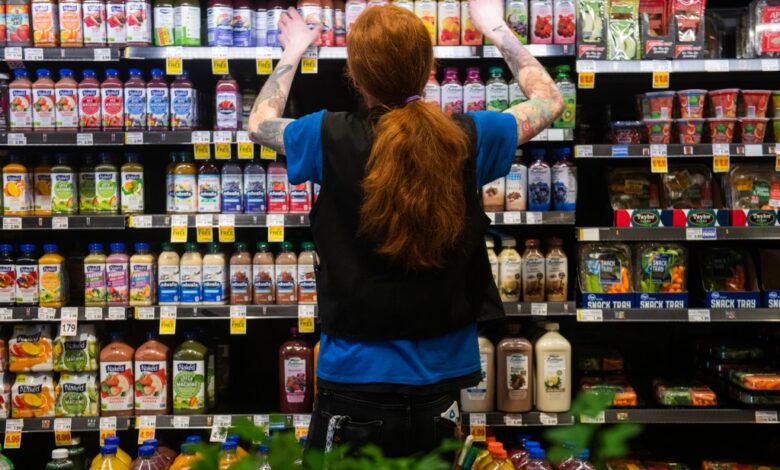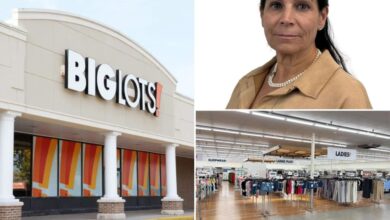King Soopers, Kroger stores charge different prices on shelves vs at checkout, shoppers say

Shoppers at King Soopers and City Market stores in Colorado, as well as other Kroger-owned supermarkets in different states, recently discovered discrepancies between shelf prices and checkout prices during their shopping trips.
This resulted in customers paying more for groceries than they had anticipated, especially at a time when prices are already high and concerns about inflation are on the rise due to tariff increases. Walmart, the largest grocer in the nation, even warned about price hikes due to higher tariffs on imports.
During March, members of the union negotiating a new contract with King Soopers visited 50 stores across Colorado over four days. The total bill, covered by the United Food and Commercial Workers Local 7, came to $3,921.11.
Based on the prices displayed on the shelves, the total should have been $3,297.26, which is almost 16% less, according to Kristi Bush, the union’s associate general counsel and one of the shoppers.
Similar discrepancies were found by The Guardian newspaper, Consumer Reports, and the Food & Environment Reporting Network in 26 Kroger-owned stores in 14 states and the District of Columbia during March, April, and May. They observed a pattern of overcharging by displaying expired sale prices on shelves and scanning regular prices at checkout.
According to the media partners, over 150 items had expired tags, leading to an average overcharge of about $1.70 per item, which is 18% more than the discounted price listed on the shelves.
Consumer Reports stated, “Our findings suggest the typical Kroger shopper ends up paying far more for what they think are discounted items – all during a time of inflation and economic uncertainty.”
The union representing King Soopers and City Market employees in Colorado has raised these discrepancies as an issue in contract negotiations that began late last year. They mentioned that the stores are understaffed, resulting in neglected tasks like updating tags on shelves.
Jim Hammons, UFCW retail director, explained, “The tags are out of date because they don’t have the staff to pull them. King Soopers has cut hours so much that they don’t have time to do that step in the process.”
King Soopers has refuted claims of understaffing and downplayed reports of price discrepancies, stating that they take pricing transparency seriously. However, the union has shared its findings with Colorado Attorney General Phil Weiser for investigation.
Weiser previously reached a settlement with Walmart over similar pricing issues in 2023, leading to Walmart paying $3 million to Colorado for local food assistance programs.
The union’s president, Kim Cordova, emphasized the importance of fair and transparent pricing and mentioned a proposal for a pricing-integrity department in their contract negotiations with King Soopers.
The ultimate goal, Cordova explained, is to ensure that shoppers are not overcharged and to create better stores for employees and communities to enjoy.
Originally Published:





